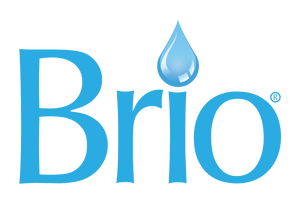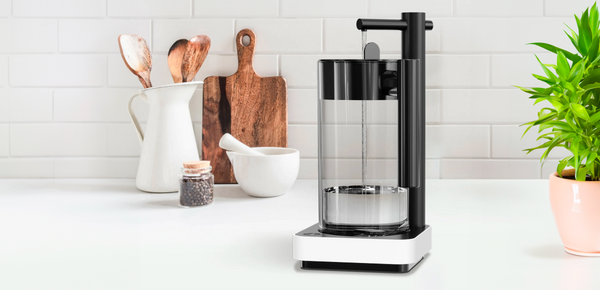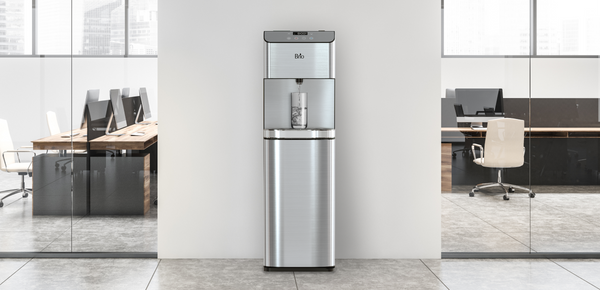We all know our water is treated before it comes out of the faucet. But to be truly safe, clean and pleasant to drink, tap water should undergo another process. But which one – water filtration or distillation? And is distilled water the same as filtered water?
The short answer is: no, filtration and distillation are not the same. They have the same goal - producing water with fewer impurities. But they have different processes and different outcomes.
Here, we explain the differences between distilled water and filtered water, what distilled water is used for and whether you can drink it, and why filtered water is a great choice for your hydration needs. Let’s jump in.
What is distilled water?
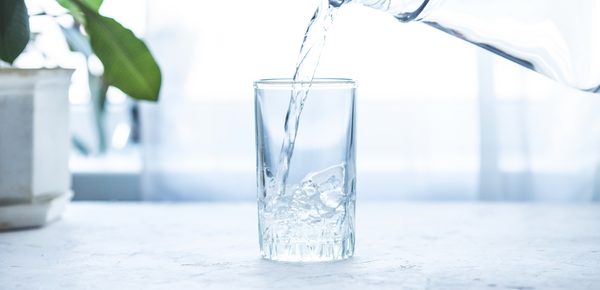
Distilled water undergoes a unique purification process called distillation. During distillation, water is heated to boiling point, creating steam that is then cooled and condensed back into a liquid form. Let’s find out a bit more about the process.
What does distillation remove?
This process effectively removes impurities, minerals, heavy metals, organic compounds, microorganisms and contaminants from the water. It’s one of the most effective methods for purifying water.
What is the pH of distilled water?
Distilled water has a neutral pH of around 7, as it is free from minerals and other substances that can affect pH levels. It can become slightly acidic over time when exposed to carbon dioxide from the air. While mildly acidic water is generally safe to drink, extremely low pH levels may cause irritation to the digestive tract in some individuals.
What is distilled water used for?
Distilled water is commonly used in laboratory experiments, medical procedures, steam irons, and automotive batteries. Its purity makes it ideal for applications where minerals and contaminants could interfere with results or damage equipment.
Can I drink distilled water?
While distilled water is safe to drink, it lacks essential healthy minerals. Drinking distilled water exclusively may lead to mineral deficiencies over time.
Like distillation, reverse osmosis filtration systems also remove healthy minerals. However, you may decide to opt for an alkaline filter to enrich your purified water, making it taste even better and enhance its health-giving properties. An alkaline filter reintroduces healthy minerals back into your water, making it the ultimate H2O: safe, pure, healthy and delicious. Read more about the benefits of alkaline water.
What is filtered water?
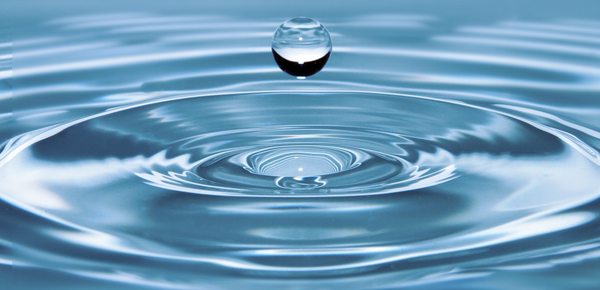
Filtered water undergoes a filtration process that removes impurities and contaminants while retaining minerals and other beneficial substances. There are various types of water filtration methods, including reverse osmosis and ultrafiltration, each offering different levels of filtration. Let’s learn a little more about different filtration methods and their benefits.
What filtration methods are there?
Reverse osmosis and ultrafiltration are two common types of water filtration methods that effectively remove contaminants such as sediment, chlorine, lead, and microbial pathogens from water. Further details can be found in Which Is Better: Reverse Osmosis or Ultrafiltration?
Reverse osmosis uses a semi-permeable membrane to remove impurities. Ultrafiltration also uses a semipermeable membrane, but it’s a hollow fiber membrane and is thus considered a mechanical filter. Which water filter removes the most contaminants? Discover more.
What does water filtration remove?
Filtered water removes contaminants such as sediment, chlorine, lead, bacteria, and viruses, while retaining minerals and other beneficial substances. This results in clean, great-tasting water that’s safe and healthy to drink.
What is filtered water used for?
It’s suitable for everyday hydration and can be used for cooking, brewing coffee or tea, and preparing baby formula. It also keeps your home’s water pipes, shower heads, washing machines, dishwashers and irons in tip-top condition. No mineral buildup means longer-lasting appliances, saving you time and money in the long run.
Can I drink filtered water?
Yes, absolutely! Filtered water is safe and healthy to drink, and it’s actually recommended for daily hydration. It encourages you to drink more water throughout the day, leading to better overall health.
Why should I drink filtered water?

Filtered water offers numerous benefits from well-being to environmental sustainability. Here are several compelling reasons why you should consider making filtered water a part of your daily hydration routine:
It tastes and smells pleasant
Filtered water typically tastes and smells better than tap water, as it removes chlorine, sediment, and other impurities that can affect flavor. Enjoying clean, fresh-tasting water can make hydration more enjoyable and encourage you to drink more throughout the day.
It removes nasties
Water filtration systems effectively remove a wide range of contaminants, including chlorine, lead, pesticides, pharmaceuticals, and microbial pathogens. Drinking filtered water reduces your exposure to potentially harmful substances, promoting better health and reducing the risk of waterborne illnesses.
It’s kind to the planet
Choosing filtered water supports sustainable living practices by reducing reliance on single-use plastic bottles and minimizing environmental impact. By prioritizing filtered water, you can align your lifestyle choices with eco-friendly principles and contribute to a healthier planet for future generations.
Gives peace of mind
Knowing you and your family are consuming clean, safe water provides peace of mind and confidence in the quality of your hydration source. With a water filtration system in place, you can trust your water is free from harmful contaminants. Read debunking common myths about filtered water.
Want some more reasons to drink more filtered water? Here are 10. [Insert link to go to glow]
How to integrate filtered water into your lifestyle
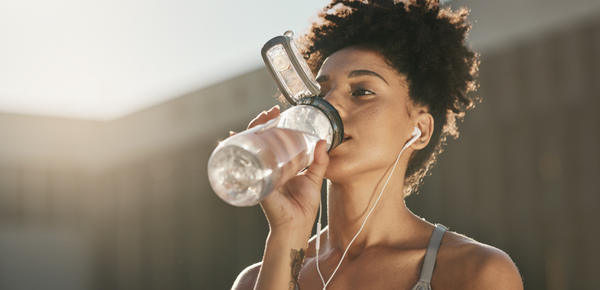
Integrating filtered water into your lifestyle is a simple yet impactful way to prioritize clean, healthy hydration and contribute to your overall well-being. Here are some practical tips for incorporating filtered water into your daily routine, whether you’re a fitness nut, running a busy family home or an office manager who wants to make time spent at work healthier for your co-workers.
For the fitness enthusiast
Just got in from a long hike? The Brio Moderna Ice Dispenser & Bottom Load Water Cooler offers limitless access to refreshing cold water whether you’ve been out adventuring or after an intense home workout. The hot water feature also helps create quick, hearty meals so you can stay on top of your wellness routine. It even has a built-in ice maker to keep workouts cool on hot days.
For the whole family
The Brio Amphora Reverse Osmosis Undersink Filtration System will revolutionize your home hydration, providing clean, filtered water directly from your tap. This modern system features a compact space-saving design and is equipped with an advanced magnetic system that activates autofill automatic water dispensing when the pitcher is placed on the base. Quick, simple, time-saving. Plus, the 5-in-1 reverse osmosis filter reduces water impurities, including rust, dirt, dust, chlorine, and more!
For the office manager
The Brio Moderna Touchless 3 Stage Water Cooler will ensure that everyone stays hydrated and refreshed throughout the workday. Sediment, pre-carbon and carbon block filters powerfully eradicate most harmful contaminants in tap water. And don’t worry, a self-cleaning UV light regularly disinfects this cooler’s water tanks, so cleaning is never a chore. Meanwhile, touchless technology reduces cross-contamination with touch-free cold water dispensing, activated by the simple wave of a hand – perfect for busy offices.
While distilled water and filtered water serve different purposes and undergo distinct purification processes, filtered water is best for everyday hydration. Let’s prioritize clean, quality water to maintain optimal health and well-being in the gym, at home and at work.
